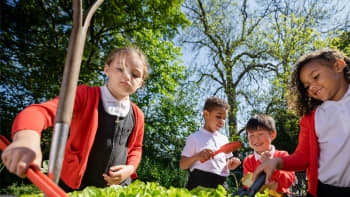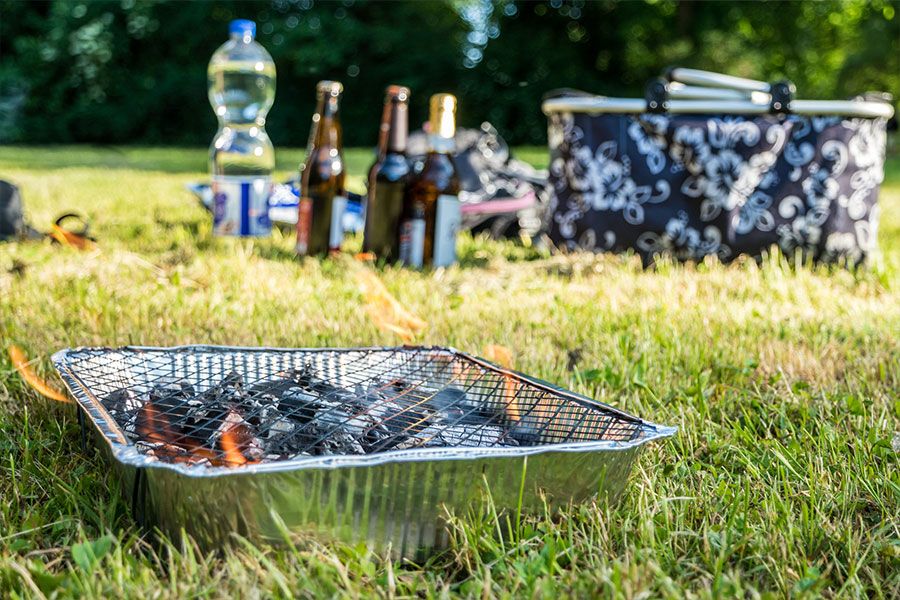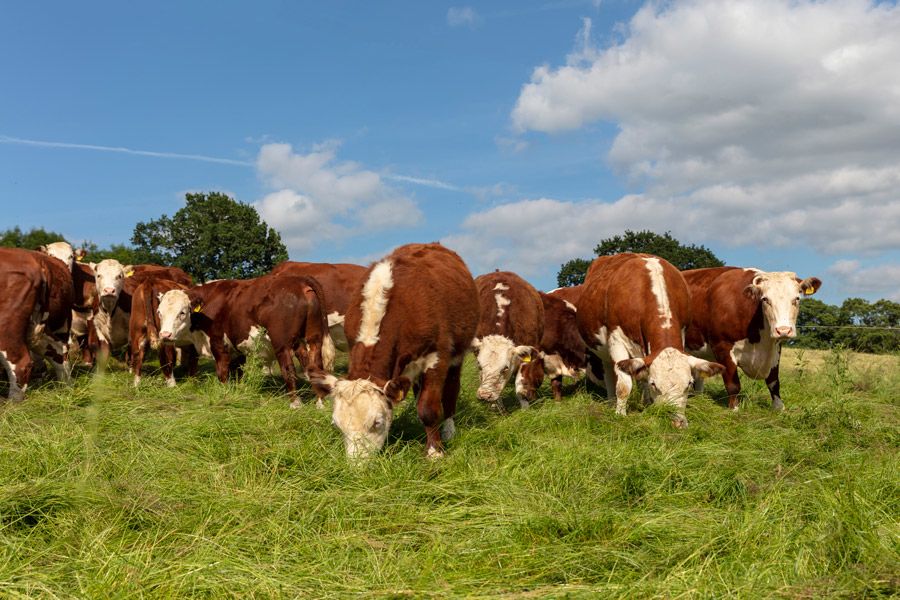Back British Farming
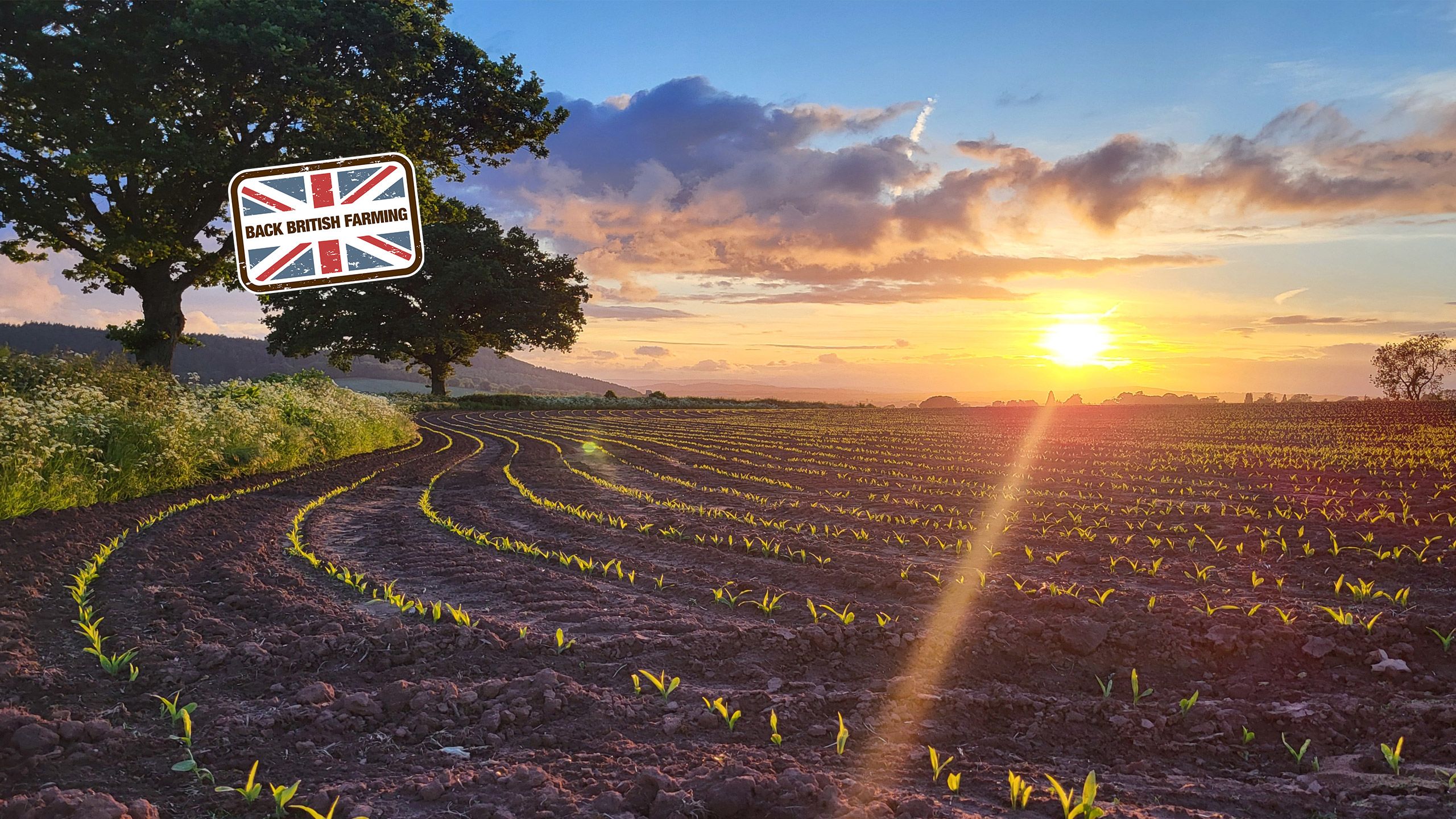
Celebrating everything that’s great about the beautiful British countryside and healthy British food.
Back British Farming campaigns on behalf of British farmers and growers to bring about positive change for the agricultural industry.
Together our 500,000 dedicated campaign supporters and 45,000 farming members explain to politicians and decision-makers the importance of British food and farming to the nation's environment, economy and wellbeing.
British farming – at a glance
- British farmers produce affordable, quality food to world leading animal welfare and environmental standards, all while protecting and enhancing our precious countryside.
- British food and farming provides the raw ingredients for the UK’s largest manufacturing sector, Food and Drink, worth £148 billion to the UK economy, and jobs for more than 4 million people. This is 14% of the nation’s workforce.
- British farming is also uniquely positioned to tackle climate change by capturing carbon in soils through planting crops, managing grassland and planting trees and hedges, as well growing materials for bio-energy production and generating renewable energy.
We proudly take regular targeted action to make our voices heard where it matters most.
Become a supporter
Are you like us? Are you passionate about your food and the way it is produced? Do you love and care for the great British countryside?
Then why not join our community of 500,000 like-minded British food and farming campaigners today.
Sign up and we'll keep you up to date with all the ways you can back British farming.
On social? Follow us at:
Our campaigns
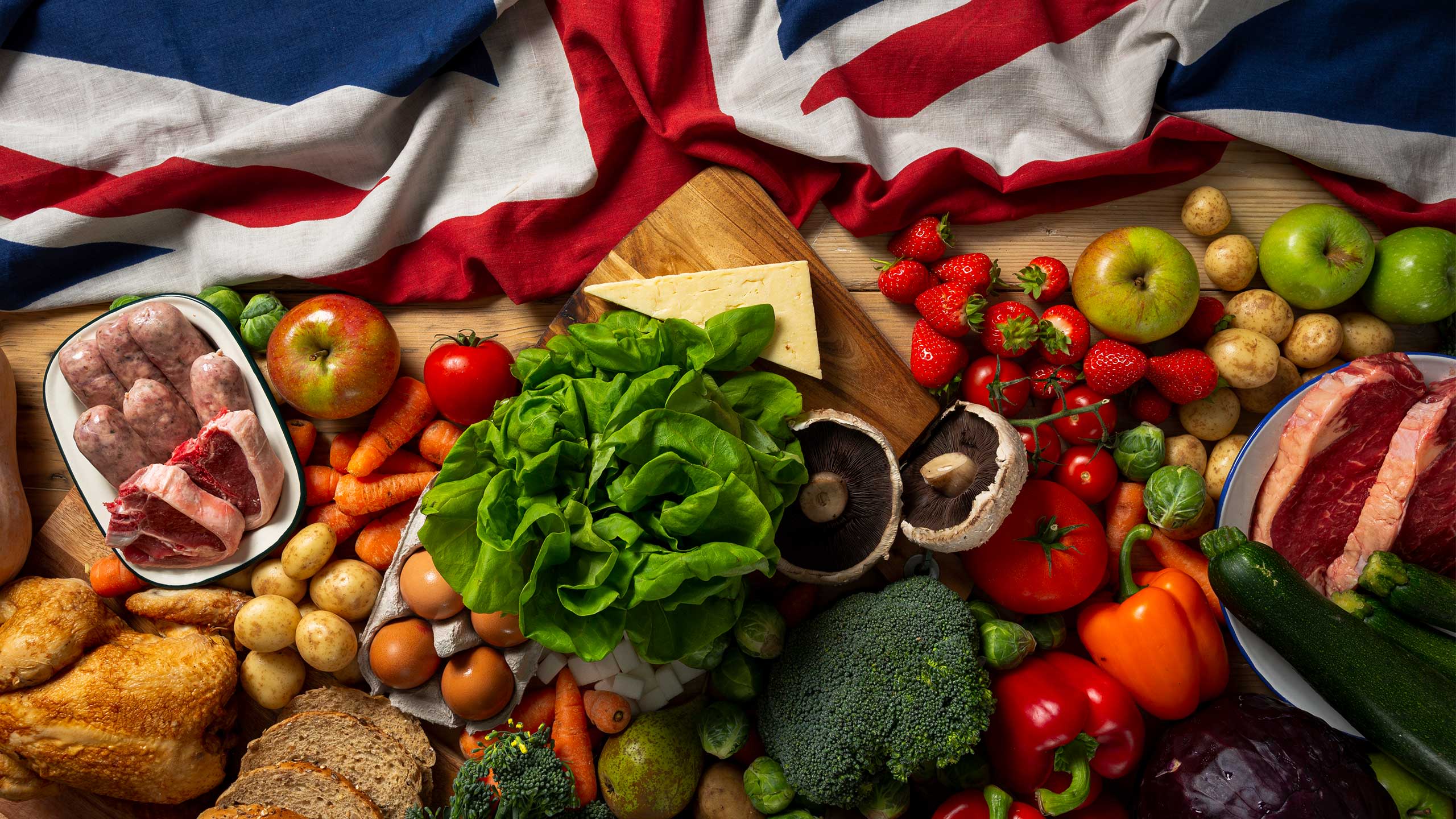
Curriculum and assessment review
Food must be of national importance, and that starts with educating young people about where their food comes from and how it is produced. Add your name if you agree that children should learn more about food and farming in schools.
Stop the family farm tax campaign
Since the inheritance tax proposals announced in the 2024 Budget, the NFU spent the 14 months campaigning and lobbying to try and mitigate the worst impacts for farmers.
Ban sky lanterns
Sky lanterns should be banned. They cause fires, litter the countryside and can harm farm animals.
Do you think that children should learn more about food and farming in schools?
Join our call for an updated school curriculum that represents British food, farming and food security fairly across the education system.
Our ambition is for an education policy that empowers young people to make informed decisions about the food they eat.
We need a curriculum that takes a holistic approach to studying food provenance, nutritional value and the thousands of people who produce and prepare it.
We have two main asks of the government:
- Improve the quality of food education in school.
- Carry out an urgent review of GCSE biology subject content relating to farming and food security.
In 2024, the government launched a review of the curriculum and assessment system.
This review matters because it gives us the opportunity to shape the education system to accurately reflect the financial, cultural and environmental benefits of British food and farming.
To ensure that food is of national importance, we need to make sure that our children understand more about their food from an early age and that this continues throughout their education.
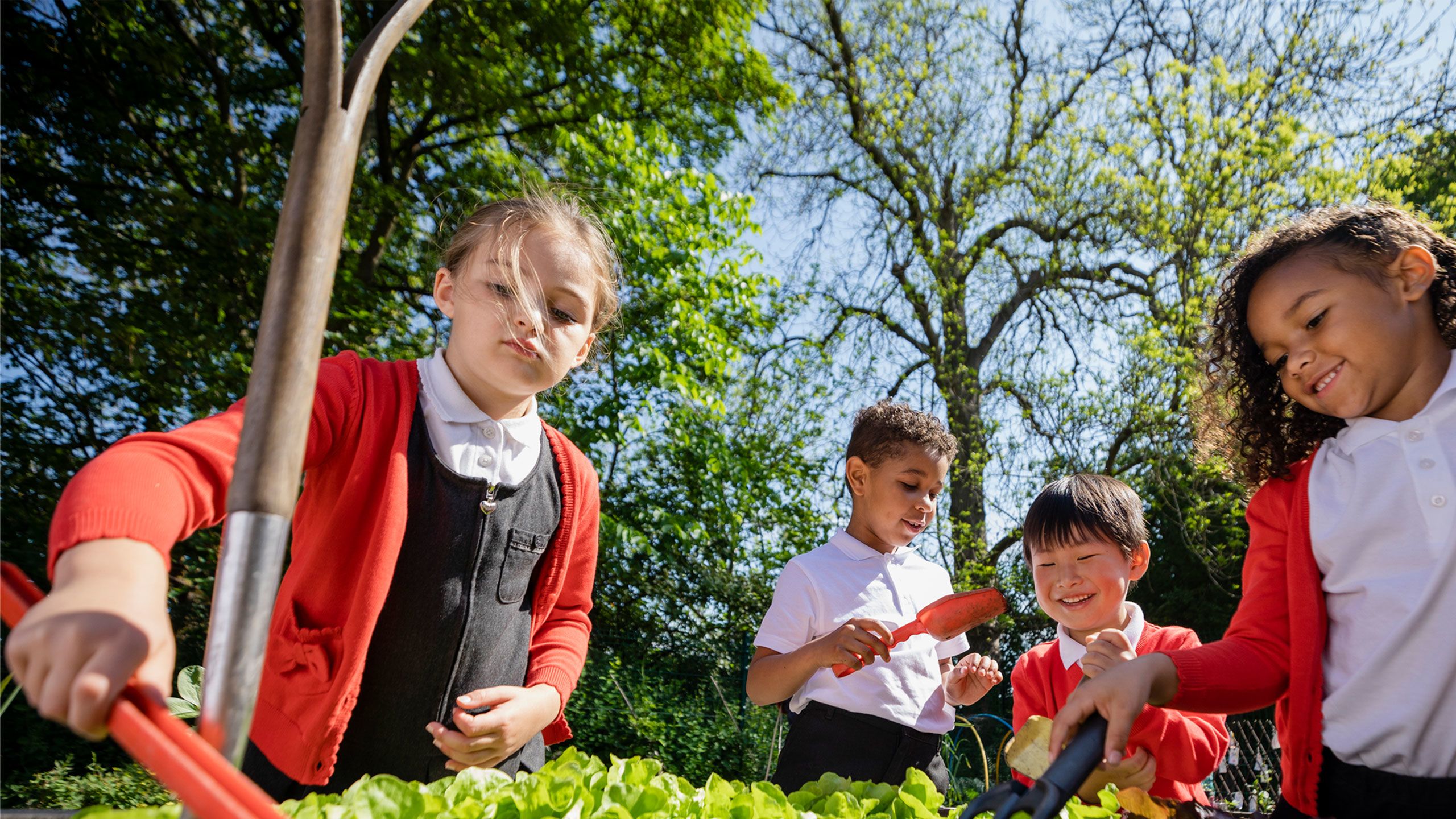
Stop the family farm tax campaign
Since the inheritance tax proposals announced in the 2024 Budget, the NFU spent the following 14 months campaigning and lobbying to try and mitigate the worst impacts for farmers.
Farmers, members of the public, farming and food businesses and MPs came together to campaign against this policy, working tirelessly to try to protect family farms across Britain.
On 23 December 2025, the government announced that it would raise the tax threshold from £1m to £2.5m for APR (Agriculture Property Relief) and BPR (Business Property Relief). This change greatly reduces that tax burden for many family farms and those working people in the countryside.
NFU President Tom Bradshaw said, “I would like to thank the public for supporting our campaign. More than 270,000 people supported our calls for change because they value British food and the working people of the countryside that produce it.”
“I am thankful that common sense has prevailed and government has listened. I have had two very constructive meetings with Prime Minister Sir Keir Starmer and dozens of conversations with Defra Secretary of State Emma Reynolds. She has played a key role underlining the human impact of this tax.
“These conversations have led to today’s changes which were so desperately needed. From the start the government said it was trying to protect the family farm and the change announced today brings this much closer to reality for many. In the end, it was a well-reasoned and rational argument that won through.”
To learn more about the NFU’s campaign visit The family farm tax – a timeline of NFU lobbying.
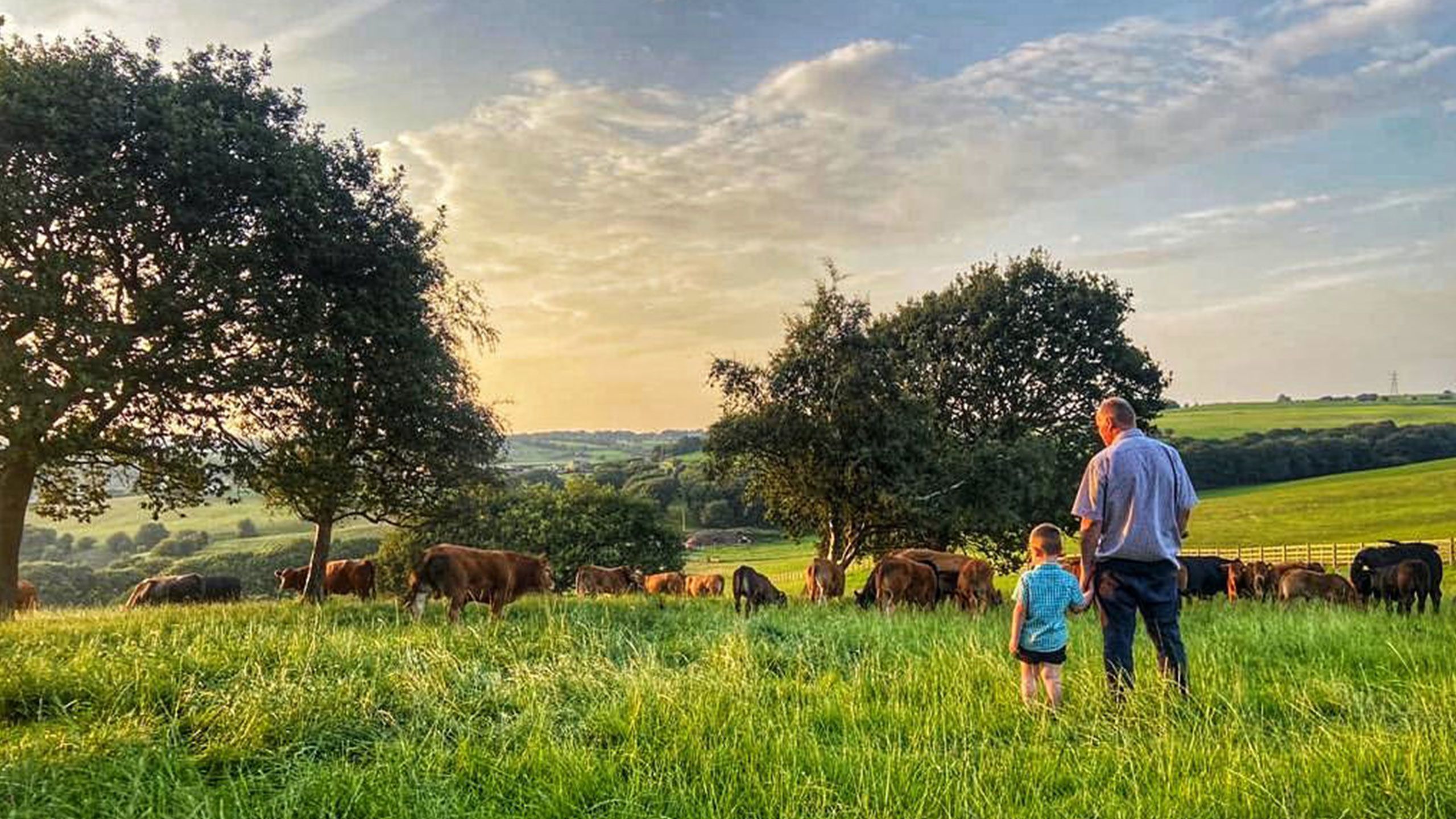
Join our campaign to ban sky lanterns
Sky lanterns might look pretty. But they are a serious danger to animals and the countryside.

Photograph: Getty images
Photograph: Getty images
We've joined forces with 17 leading farming, environment, animal and fire organisations, including the RSPCA and National Fire Chiefs Council, to call on the government to ground sky lanterns for good and bring in a total ban in England and Wales.
Since our campaign started in 2019, over 107,000 have signed our petition calling for a total ban.
Councils show their support
A number of councils have backed the campaign and banned the release of sky lanterns on council owned land.
If your local council isn't already supporting the ban, you can call on it to do so by using our simple email tool, which will send a pre-filled letter to your local council.
Read more about the campaign and how we've galvanised support: Back British Farming | Join our campaign to ban sky lanterns
Issues we care about

Help protect the countryside from wildfire
Every year fire is responsible for the destruction of thousands of acres of countryside, open spaces and wildlife habitat, with some fires lasting several days.
Sadly a number of wildfires are caused by human error.
With the current prolonged dry and very warm conditions there's an increased risk of wildfires. There's already been a rise in the number of wildfires caused by an everyday item – the disposable BBQ.
Discarded disposable BBQs, together with the combination of dry and hot weather, are a recipe for disaster and, when fire ignites, it spreads quickly across dry land.
Just a single spark or ember can result in fire taking hold.
Other items that can cause unintentional but devastating wildfires are camping fires, discarded glass bottles and cigarette butts.
Not only do these fires destroy the countryside, they also kill and injure the wildlife that lives among it
Photograph: Animaflora PicsStock/Getty
Photograph: Animaflora PicsStock/Getty
More tips to help prevent wildfires
We all have a duty to protect the countryside, so if you’re out enjoying the warmer weather be sure to follow these tips to make sure you’re also enjoying the countryside responsibly:
- Avoid using open fires in the countryside.
- Do not leave bottles or glass in woodlands.
- Make sure cigarettes and other smoking materials are extinguished properly.
- Only use barbecues in suitable and safe areas and never leave them unattended.
- Never throw cigarette ends out of car windows – they can ruin whole fields of crops.
- Ensure that your barbecue is fully extinguished and cold before disposing of the contents.
- Sunlight shining through glass can start large fires – take glass bottles/jars home or put them in a waste or recycling bin.
What to do if you find a wildfire
If you discover a wild fire on open land, advice from the emergency services is:
- Get to a safe place. Wild fires can move quickly and in unpredictable ways.
- Go further away than you think necessary and put a natural fire break between you and the fire if possible.
- Note your location and call 999 asking for fire and rescue.
- Follow instructions from the fire and rescue service.
- Don’t stay around to take photos or post on social media.
Respect, Protect, Enjoy – the Countryside Code
Exploring the iconic British countryside can have real positive benefits on both mental and physical health, but it's important to follow the Countryside Code when you're out exploring.
The Countryside Code contains advice for the public and landowners, making it easier for visitors to help respect, protect and enjoy the outdoors.
It also reminds dog owners to keep pets under control. This is especially important around cows and sheep.
See how you can help keep your four-legged friends safe – read: Keeping dogs and livestock safe in the countryside
Sadly, our cherished landscapes are also a prime target for rural crime. Issues such as theft, livestock worrying, hare coursing and fly-tipping have significant impacts on the custodians of the countryside – British farmers.
Find out more about the impact of rural crime, and how can help play your part. Visit: Help stamp out rural crime
Biosecurity for animal health and welfare
Biosecurity is a big issue facing British livestock farmers right now.
Exotic/trans-border diseases, such as avian influenza (bird flu) and bluetongue are currently circulating in Great Britain. And while these diseases pose little or no threat to food safety and human health, they have huge consequences for our farmers' animals, their businesses and UK trade.
There are ways that you can help. If you're visiting farms over the summer, remember to follow these simple steps:
- Wash hands thoroughly before and after visiting farms, especially after handling any animals.
- Ensure footwear and clothing are clean to reduce the risk of spreading bugs.
- Don't feed animals – it's vital that British livestock only consume authorised feed to protect them from potential diseases.
- Avoid visiting farms if you have a sickness or diarrhoea bug.
New government rules designed to keep British livestock safe
If you're returning from European travels over the summer, be aware that travellers are currently banned from bringing all dairy products and some meats from the EU (European Union) into GB (Great Britain).
It is illegal for travellers entering GB (excluding Northern Ireland) to bring with them:
- pork
- beef
- lamb
- mutton
- goat
- venison
- other products made from these meats, such as sausages
milk and dairy products like butter, cheese and yoghurt
This includes products like sandwiches that contain these products, regardless of whether they are packed, packaged or have been bought at duty free.
If you're unsure, take a look at the government's guide: GOV.UK | Bringing food into Great Britain
Why?
The new rules were brought in from 12 April to help protect the health of British livestock, farming businesses and UK food security from any highly contagious animal diseases.
Remember, when you're out and about in the countryside, never drop litter and take all food items home to help ensure the countryside continues to be enjoyed by everyone. Find more advice on enjoying the countryside responsibly – visit: Keeping dogs and livestock safe in the countryside


